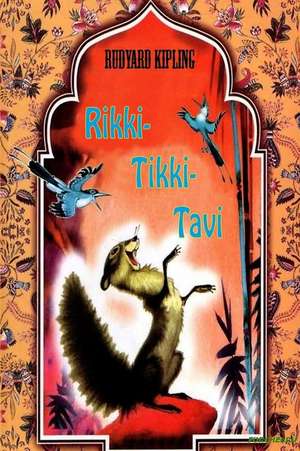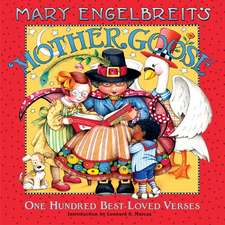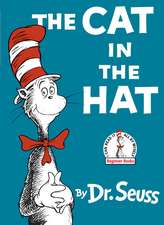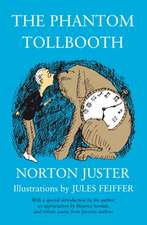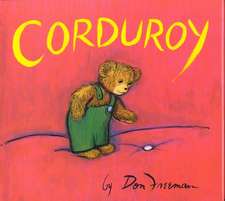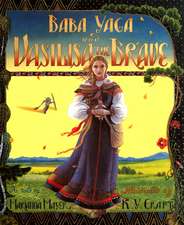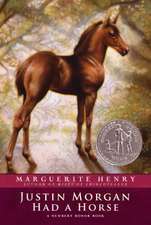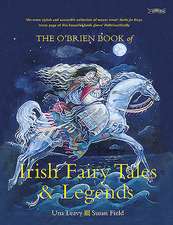Rikki-Tikki-Tavi
Autor Rudyard Kiplingen Limba Engleză Paperback – vârsta de la 5 până la 8 ani
| Toate formatele și edițiile | Preț | Express |
|---|---|---|
| Paperback (6) | 50.91 lei 6-8 săpt. | |
| HarperCollins Publishers – 10 mai 2004 | 58.12 lei 3-5 săpt. | |
| CreateSpace Independent Publishing Platform – | 92.78 lei 3-5 săpt. | |
| CreateSpace Independent Publishing Platform – | 93.02 lei 3-5 săpt. | |
| CreateSpace Independent Publishing Platform – | 93.19 lei 3-5 săpt. | |
| SMK Books – 5 ian 2012 | 50.91 lei 6-8 săpt. | |
| CreateSpace Independent Publishing Platform – | 93.19 lei 6-8 săpt. | |
| Hardback (1) | 117.29 lei 3-5 săpt. | |
| HarperCollins Publishers – 25 sep 1997 | 117.29 lei 3-5 săpt. |
Preț: 92.78 lei
Nou
Puncte Express: 139
Preț estimativ în valută:
17.75€ • 18.58$ • 14.78£
17.75€ • 18.58$ • 14.78£
Carte disponibilă
Livrare economică 08-22 martie
Preluare comenzi: 021 569.72.76
Specificații
ISBN-13: 9781523628698
ISBN-10: 1523628693
Pagini: 40
Dimensiuni: 152 x 229 x 3 mm
Greutate: 0.09 kg
Editura: CreateSpace Independent Publishing Platform
ISBN-10: 1523628693
Pagini: 40
Dimensiuni: 152 x 229 x 3 mm
Greutate: 0.09 kg
Editura: CreateSpace Independent Publishing Platform
Textul de pe ultima copertă
"Rikk-tikk-tikki-tikki-tchk!"
A classic story from Rudyard Kipling's The Jungle Book, adapted and illustrated by award-winning artist Jerry Pinkney, this is the tale of Rikki-Tikki-Tavi, a fearless young mongoose.Soon after a flood washes Rikki into the garden of an English family, he comes face-to-face with Nag and Nagaina, two giant cobras. The snakes are willing to attack Rikki, and even the human family who lives there, to claim the garden and house for themselves. But they do not count on the heart and pride of the brave little mongoose.
Notă biografică
Joseph Rudyard Kipling (30 December 1865 - 18 January 1936)[1] was an English journalist, short-story writer, poet, and novelist. He was born in India, which inspired much of his work.
Kipling's works of fiction include The Jungle Book (1894), Kim (1901), and many short stories, including "The Man Who Would Be King" (1888).[2] His poems include "Mandalay" (1890), "Gunga Din" (1890), "The Gods of the Copybook Headings" (1919), "The White Man's Burden" (1899), and "If-" (1910). He is regarded as a major innovator in the art of the short story;[3] his children's books are classics of children's literature, and one critic described his work as exhibiting "a versatile and luminous narrative gift".
Kipling was one of the most popular writers in the United Kingdom, in both prose and verse, in the late 19th and early 20th centuries.[3]Henry James said: "Kipling strikes me personally as the most complete man of genius, as distinct from fine intelligence, that I have ever known."[3] In 1907, at the age of 41, he was awarded the Nobel Prize in Literature, making him the first English-language writer to receive the prize and its youngest recipient to date.[6] He was also sounded out for the British Poet Laureateship and on several occasions for a knighthood, both of which he declined.[7]
Kipling's subsequent reputation has changed according to the political and social climate of the age[8][9] and the resulting contrasting views about him continued for much of the 20th century.[10][11] George Orwell saw Kipling as "a jingo imperialist", who was "morally insensitive and aesthetically disgusting".[12] Literary critic Douglas Kerr wrote: "[Kipling] is still an author who can inspire passionate disagreement and his place in literary and cultural history is far from settled. But as the age of the European empires recedes, he is recognised as an incomparable, if controversial, interpreter of how empire was experienced. That, and an increasing recognition of his extraordinary narrative gifts, make him a force to be reckoned with.
In 2010, the International Astronomical Union approved that a crater on the planet Mercury would be named after Kipling-one of ten newly discovered impact craters observed by the MESSENGER spacecraft in 2008-9.[117] In 2012, an extinct species of crocodile, Goniopholis kiplingi, was named in his honour, "in recognition for his enthusiasm for natural sciences"
Kipling's works of fiction include The Jungle Book (1894), Kim (1901), and many short stories, including "The Man Who Would Be King" (1888).[2] His poems include "Mandalay" (1890), "Gunga Din" (1890), "The Gods of the Copybook Headings" (1919), "The White Man's Burden" (1899), and "If-" (1910). He is regarded as a major innovator in the art of the short story;[3] his children's books are classics of children's literature, and one critic described his work as exhibiting "a versatile and luminous narrative gift".
Kipling was one of the most popular writers in the United Kingdom, in both prose and verse, in the late 19th and early 20th centuries.[3]Henry James said: "Kipling strikes me personally as the most complete man of genius, as distinct from fine intelligence, that I have ever known."[3] In 1907, at the age of 41, he was awarded the Nobel Prize in Literature, making him the first English-language writer to receive the prize and its youngest recipient to date.[6] He was also sounded out for the British Poet Laureateship and on several occasions for a knighthood, both of which he declined.[7]
Kipling's subsequent reputation has changed according to the political and social climate of the age[8][9] and the resulting contrasting views about him continued for much of the 20th century.[10][11] George Orwell saw Kipling as "a jingo imperialist", who was "morally insensitive and aesthetically disgusting".[12] Literary critic Douglas Kerr wrote: "[Kipling] is still an author who can inspire passionate disagreement and his place in literary and cultural history is far from settled. But as the age of the European empires recedes, he is recognised as an incomparable, if controversial, interpreter of how empire was experienced. That, and an increasing recognition of his extraordinary narrative gifts, make him a force to be reckoned with.
In 2010, the International Astronomical Union approved that a crater on the planet Mercury would be named after Kipling-one of ten newly discovered impact craters observed by the MESSENGER spacecraft in 2008-9.[117] In 2012, an extinct species of crocodile, Goniopholis kiplingi, was named in his honour, "in recognition for his enthusiasm for natural sciences"
